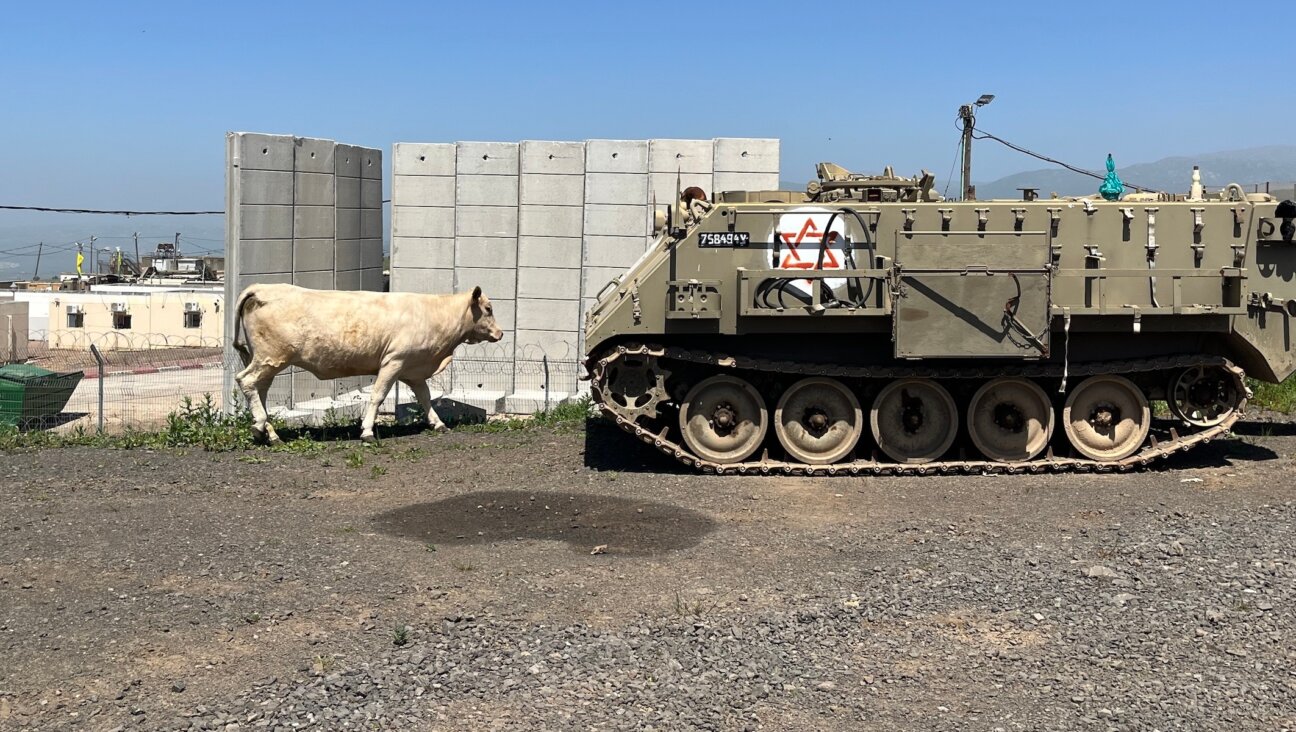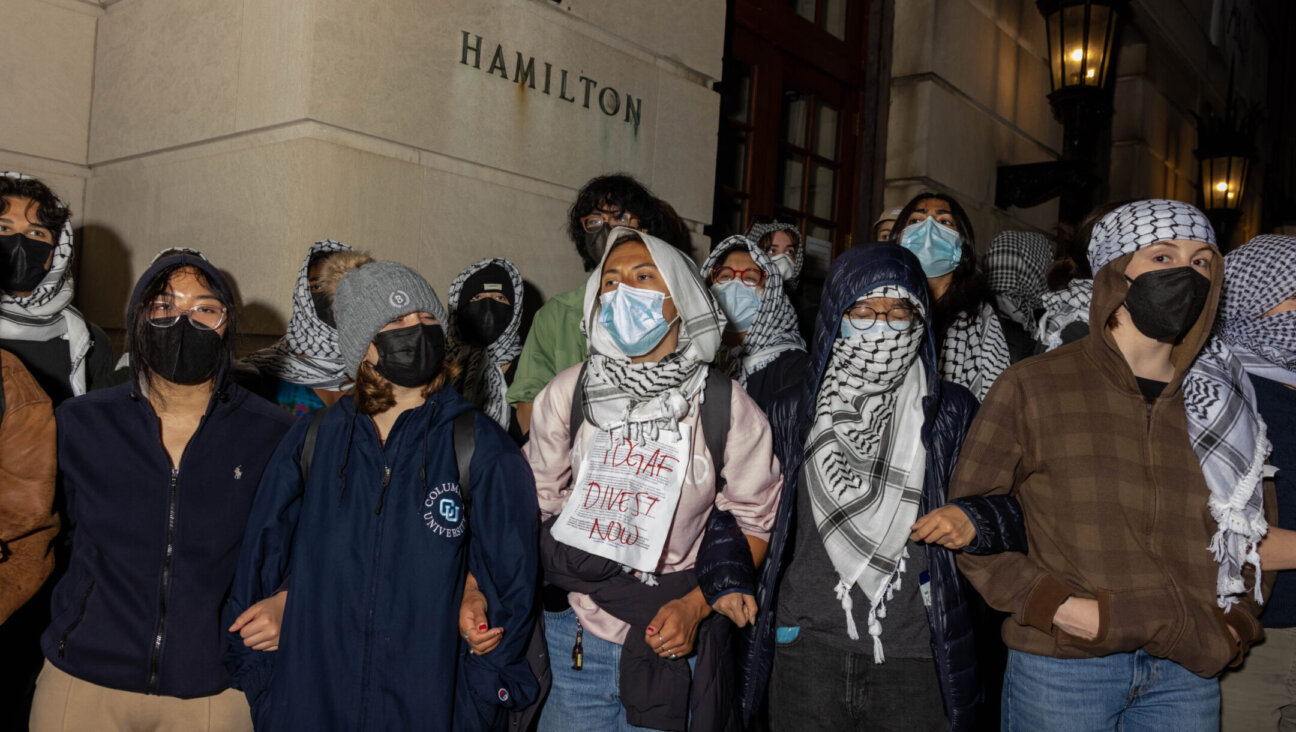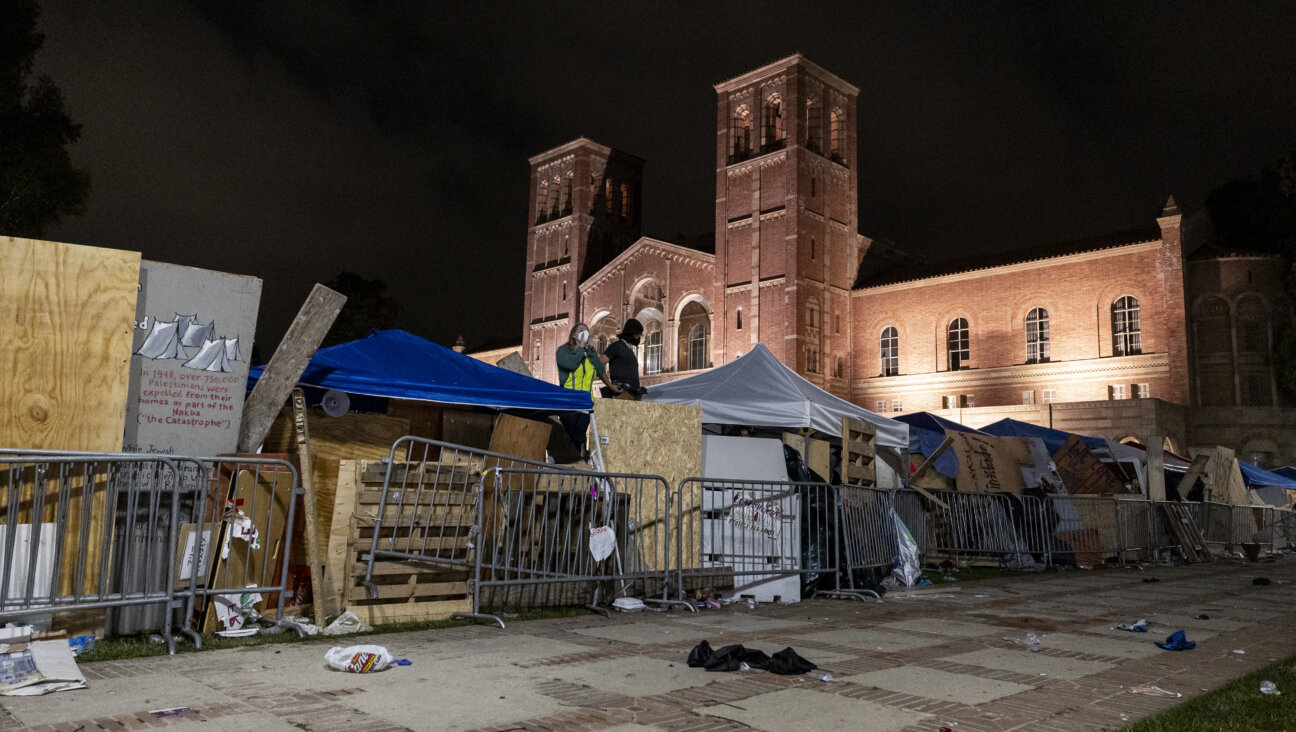‘My mother lived for six years on a ventilator’
![https://forward.com/symphony/publish/articles/edit/446193/?prepopulate[27]=Article](https://images.forwardcdn.com/image/970x/center/images/cropped/image002-1589226827.jpg)
https://forward.com/symphony/publish/articles/edit/446193/?prepopulate[27]=Article

In Lübeck after the liberation - from the left - Bollek (a friend), the author’s mother, Fay Kleiner Sucher, the author’s father, Philip Sucher, their cousin, David Altholtz. All Holocaust survivors.
> Image by Courtesy of the author
A few days ago, I texted a much beloved colleague to hear how her father was faring; he had been stricken by Covid-19 a few weeks before and had been intubated and placed into a medically-induced coma. An ebullient, vivacious whirlwind, she had recently become engaged to her soulmate and had left our store to take on a national sales position. We were thrilled for her, but we were also bereft to lose her. When the store closed in mid-March because of the pandemic, she created a fundraising page for the furloughed booksellers, most of whom would only be paid until the end of the month. That page raised a phenomenal amount of money in a short period of time. She was our hero.

The author. Image by Courtesy of Cheryl Sucher
A few weeks later, she posted on Instagram that neither she nor her step-mother could see her father. I reached out to her, mostly because I’m known in the store as Big Mouth, but also because, for the last six years of her life, my mother lived as a quadriplegic on a respirator. She was the ultimate survivor, making it through ghettos and concentration camps alongside her mother, my Bubbah, Ella Kleiner. I understood what it meant to survive on a respirator.
She texted me back. “Dad’s pretty much the same, though they lift sedation every few days so he can FaceTime with my stepmom…He makes eye contact and smiles when they take him out of sedation but can’t talk at all yet…I’m tired and sad and scared all the time.”
I knew what it was to be sad and tired and scared all the time. I was alone with my mother’s trusted caretaker and driver when I had to make the decision to put my mother on a ventilator.
My mother had a stroke when I was three months old and recovered after nine months living in an iron lung only to decline over the years, almost dying too many times to count — but she always recovered, albeit with increasing disability. When she went on the ventilator, she had already been quadriplegic for over ten years and had recently been riddled by a high fever and an acute infection that wasn’t responding to antibiotics. She was slowly dying in a community hospital on Long Island. The doctors told me that to stay alive they would have to put her on a ventilator, but she would still die within a few weeks.
I consulted my brother and my cousin, a family physician whose parents were also Holocaust survivors. We all agreed that it was not yet her time. Her mind was still perfect. We would do what was necessary to keep her alive. My father, who had been her caretaker for years, had left a trust for her care to ensure that she would never be placed in a nursing facility.
My mother had been living with her beloved caretaker and a driver, and had an active life. In fact, soon after my father died, she went with her caretaker and driver to Atlantic City, where she would go with my father for long weekends, and she hit the jackpot on the slot machine. Bells started ringing and the casino managers came running. My mother split the winnings with her attendants, and their photo hung in the casino hallway. She enjoyed life, accustomed to her disability.
We decided to put her on a ventilator, but after a few days, she still was declining. We knew that if we kept her where she was, she would surely die, so we put her under the care of a pulmonologist named Dr. Kenneth Praeger, who was not only an extraordinary physician but a practicing Jew known for his empathy and compassion. Against the wishes of the Long Island Hospital, my brother and I arranged for an ambulance to take her to New York-Presbtyterian.

The author’s mother on a respirator with her grandson, Charles Sucher.
My mother survived the 90 minute ambulance ride, and when she arrived at the hospital, a team of dedicated professionals started working on her, doing everything in their power to keep her alive. And they did. My mother lived for another six years, surviving numerous short hospitalizations, but living long enough to enjoy her young grandchildren and witness many family triumphs.
Being on a ventilator for so long is no picnic. My mother was continuously having to be turned, beaten like a prize fighter to release the phlegm in her lungs, which was then painfully suctioned out, and she could only travel in her specially equipped van for as long as the respirator’s battery life would allow. Sometimes, she would tell me that she wanted to die, that she was tired of life, but some small enjoyment would always renew her enthusiasm. Her will remained strong.
There were continual challenges. Any small infection could be deadly. But she survived most scares, and when she went into the hospital for the last time, soon after she met the man who would become my husband, we all knew that she was tired. She was done. She was leaving on her own terms, satisfied that those she loved were being cared for.
After she died, I asked Doctor Praeger if there was anything I could do for him. He asked me to speak to his medical students who thought that he kept people alive for too long. And I did.
So when my colleague told me that her father was still in ICU, I told her that he was still alive and fighting. That sometimes will means everything, that having something to live for is an amazing incentive. I tried to give her hope even as hope seems impossibly inefficient when confronted by this global scourge. My mother lived for us. And I am praying that her father will live for her.
Cheryl Pearl Sucher is an award-winning journalist, essayist, reviewer and fiction writer who lives between Cranbury, New Jersey and the Hawkes Bay, New Zealand. Her novel, THE RESCUE OF MEMORY, was published by Scribner in the United States, and an excerpt from her upcoming novel Alive Among the Ruins was published in Printer’s Row, The Chicago Tribune’s literary supplement. Sucher works at McNally Jackson Books where she curates the cookbook and travel sections and hosts an author conversation series called Between Two Worlds.

I hope you appreciated this article. Before you go, I’d like to ask you to please support the Forward’s award-winning, nonprofit journalism during this critical time.
Now more than ever, American Jews need independent news they can trust, with reporting driven by truth, not ideology. We serve you, not any ideological agenda.
At a time when other newsrooms are closing or cutting back, the Forward has removed its paywall and invested additional resources to report on the ground from Israel and around the U.S. on the impact of the war, rising antisemitism and the protests on college campuses.
Readers like you make it all possible. Support our work by becoming a Forward Member and connect with our journalism and your community.
Make a gift of any size and become a Forward member today. You’ll support our mission to tell the American Jewish story fully and fairly.
— Rachel Fishman Feddersen, Publisher and CEO
Join our mission to tell the Jewish story fully and fairly.
























